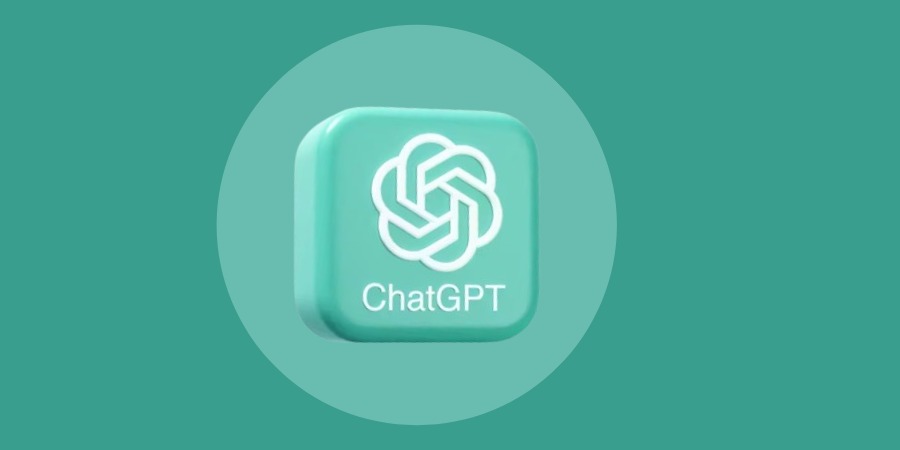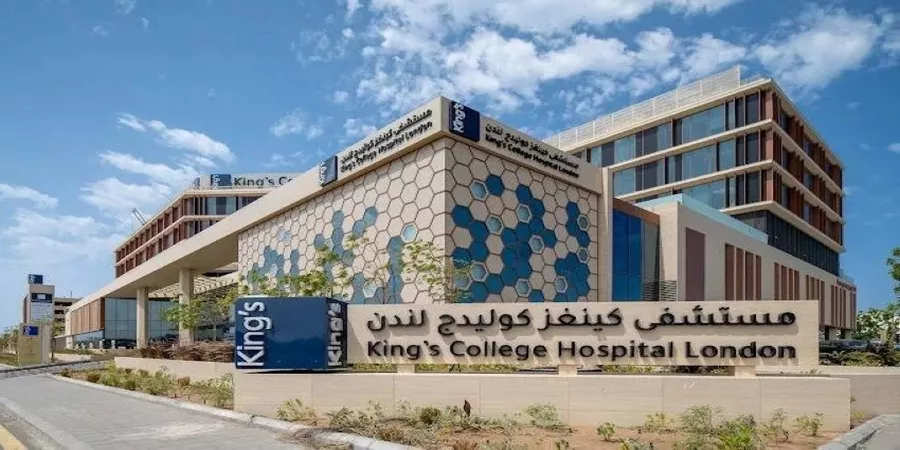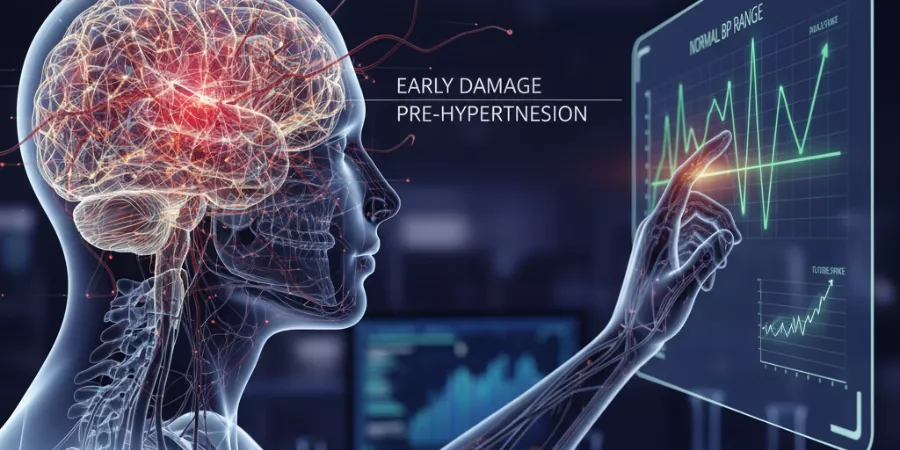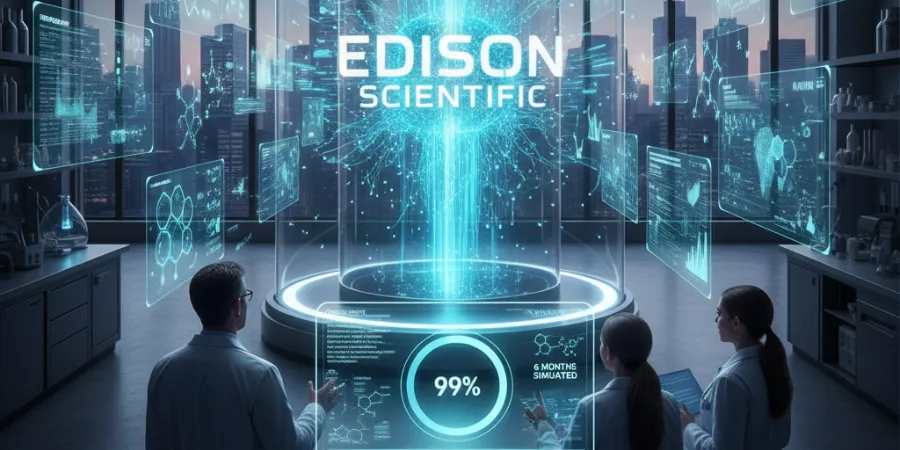In a revolutionary discovery that highlights the opportunity that is at hand for the world of AI in medicine, recent research shows that GPT (Generative Pre-trained Transformer) models already have a better result on medical school exams than medical students have.
The authors conclude by publishing their results in the world’s leading scientific journals after they have all been through thoroughly testing and questioning their work. This has brought an age of revolution where where now, AI-based technologies stand as one of the most important developments in education and health care among others.
GPT, artificial intelligence language model par excellence from OpenAI, has proved to be fantastic when it comes to understanding and having humans-like text based on various subjects and kinds. But, its latest achievement of scoring more than humanity in exams has reached the target of AI in the region of education and testing which a breakthrough.
The studies, carried out by the most recognized institutes and researchers, encompassed the GPT exposure to prolonged and rigorous testing, using an examination system, mostly challenging also encountered by the medical students during board exams. Interestingly, GPT not only showed decomplexified comprehension of the various medical terms and concepts but also presented better performance in answering medical questions as well as diagnosing medical scenarios. To add to the discussions, Dr. Sarah Reynolds- the principal investigator involved in the studies and an esteemed expert in the field of medical education- further commented on the weight of the findings. “The outputs we just saw are nothing less than remarkable,” clarified Dr. Reynolds. A comprehension, synthesizing and process of application of the medical knowledge by experts are exhibited at a very high level by GPT, which is not even been done in the history. Therefore, integration of AI-assisted platforms in medical teaching and assessment is very interesting.
Nevertheless, the eventual implication of GPT goes beyond the academic fence, reaching the medical sphere that involves medical training, licensing examinations and clinical practice. Through the employment of AI frameworks, such as GPT, medical institutes and practitioners will get the ability to create enriched education experiences, upgraded diagnostic competencies, and modern healthcare systems at a faster speed.
In addition, GPT s success occasions epidemic expertise and predicts the need for careful optimism and further research. Although AI technologies hold a lot of sway, there are some limitations, and the integration of those AI technologies into medical education and practical clinical setting is a subject of discussions on ethics, and regulations, and practical use of those technologies must be considered.
As the medical community grapples with the implications of AI’s ascent, one thing remains clear: medicine is gradually and intertwinely bound with the future development of artificial intelligence which has progressive potential. We can confidently conclude that in the coming years AI will undergo important improvements and continue joining forces among Academicians, doctors and health practitioners as they explore the journey ahead in harnessing AI to its full potential in healthcare that is both thrilling and knowledgeable.





